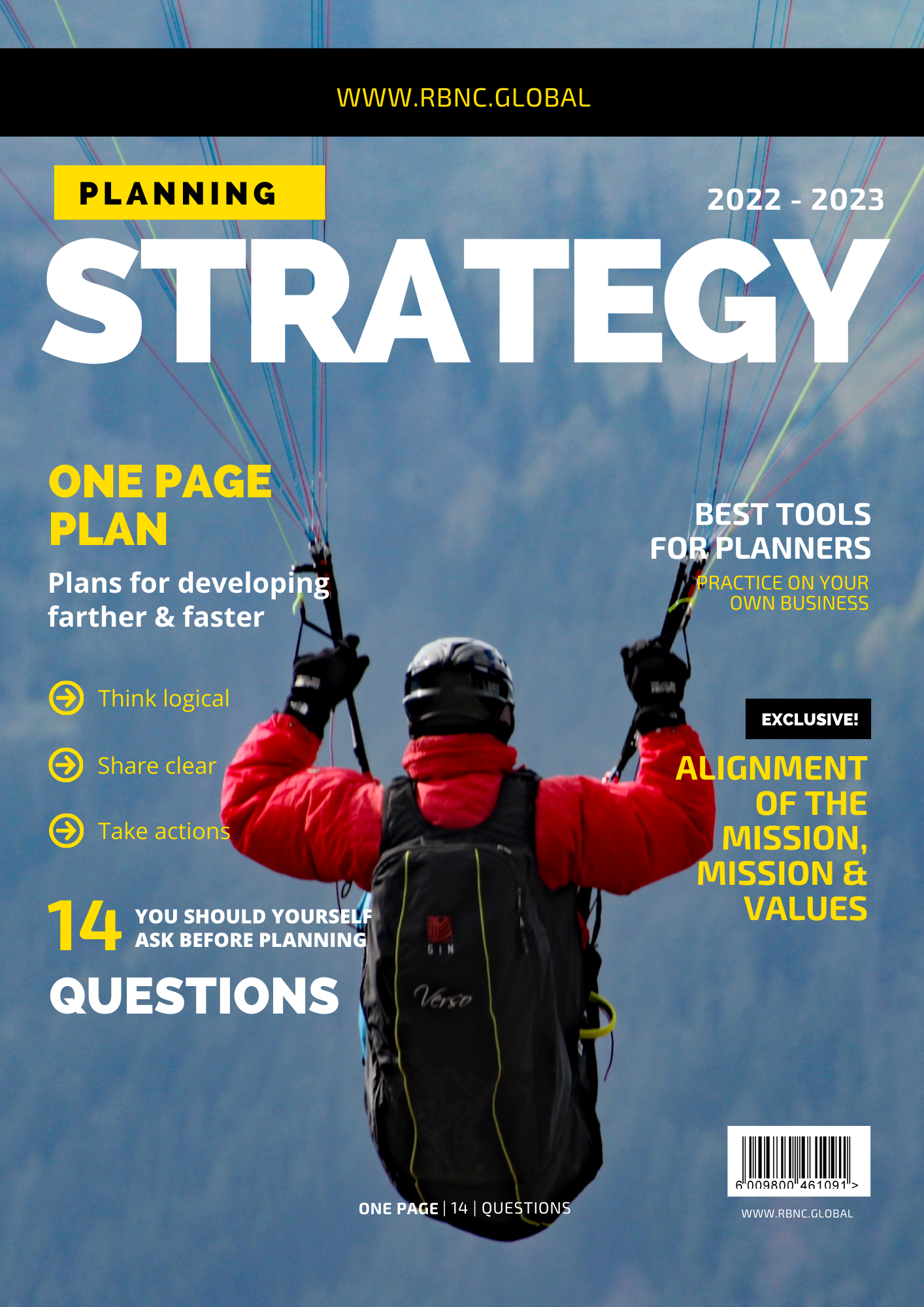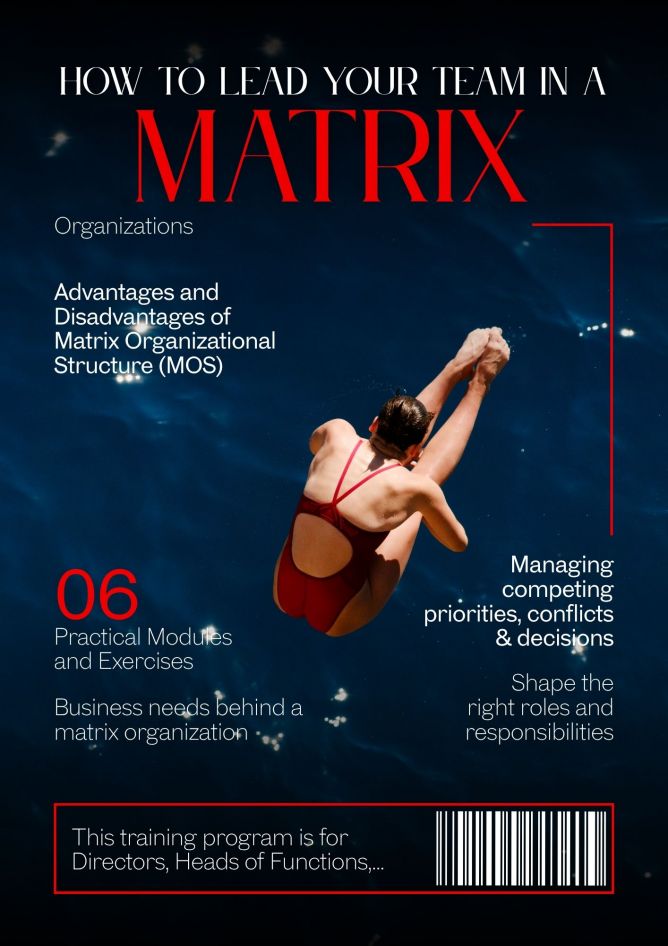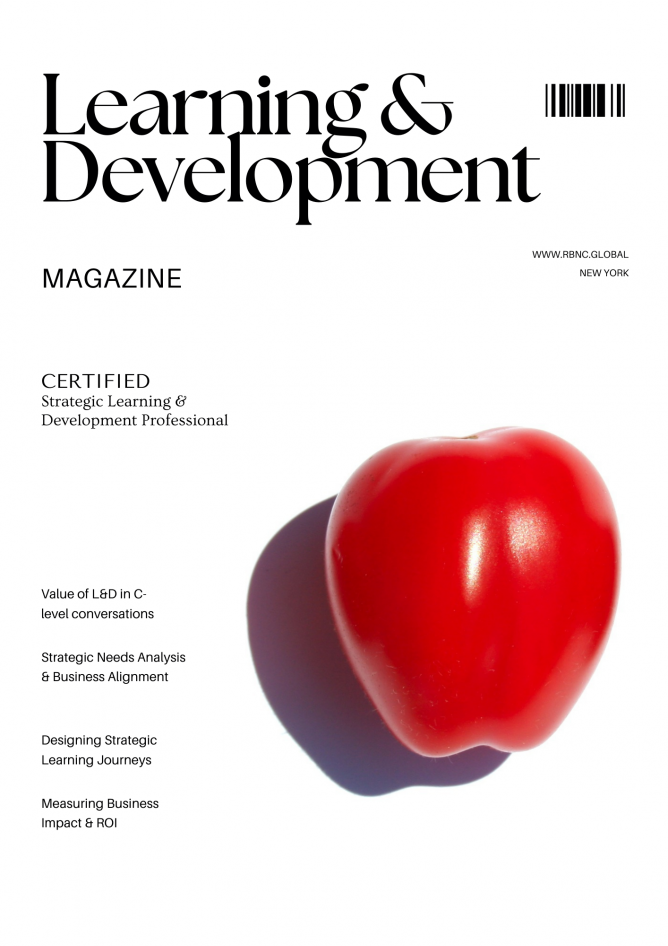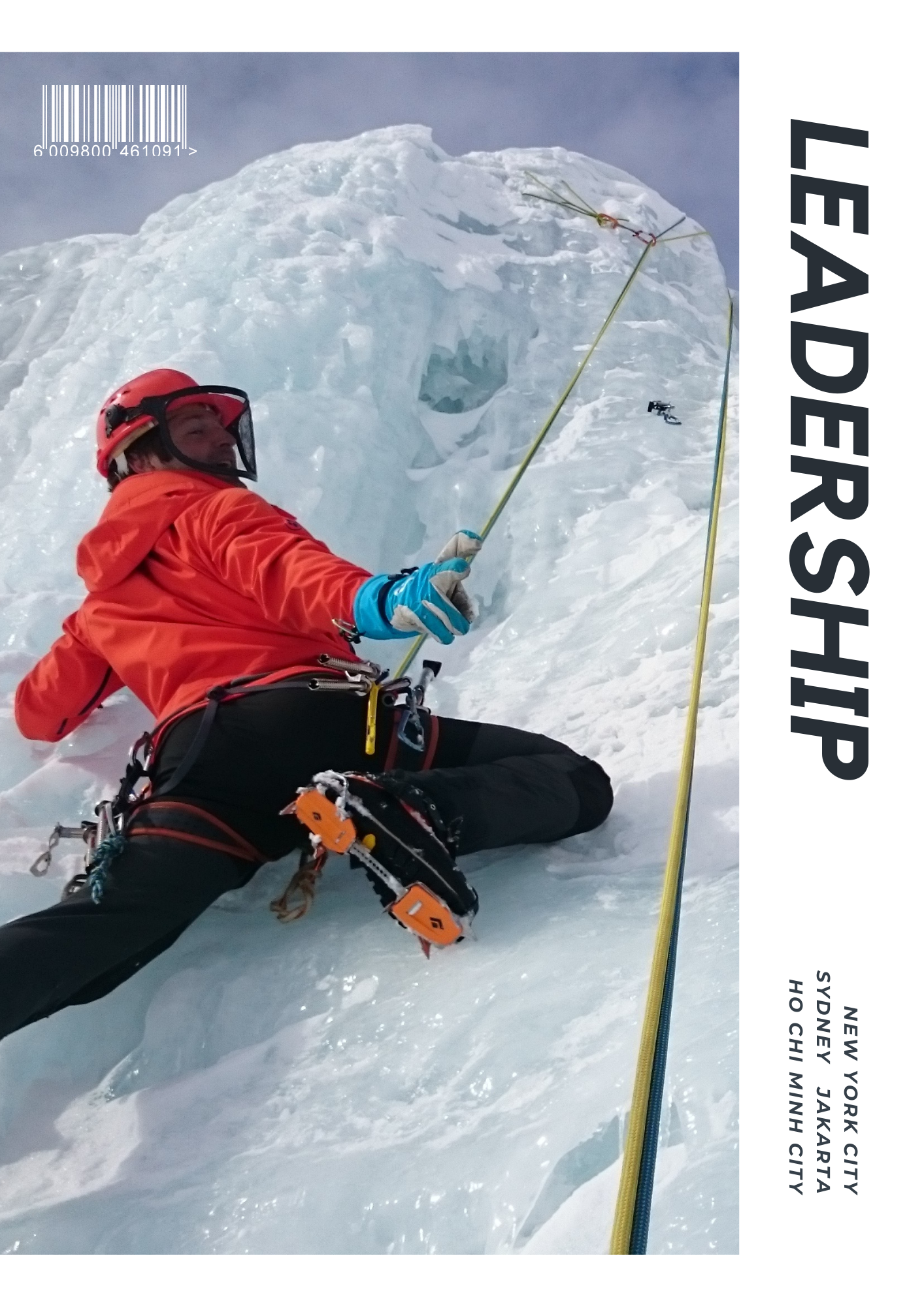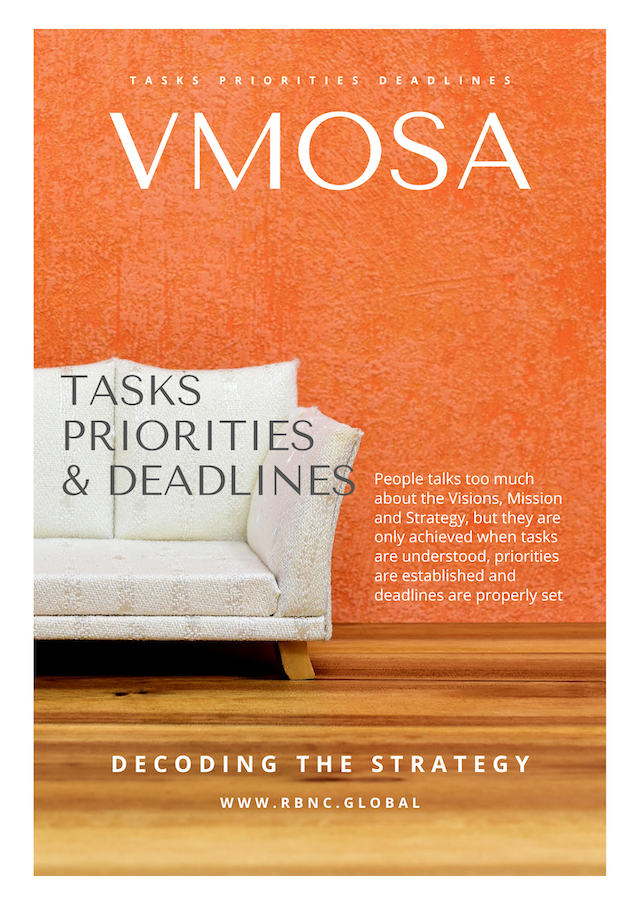Supervisory Skills for Newly-Appointed Supervisor
Introduction
Supervisor is the also first line manager which is very important level for all organizations. Supervisor is the successor for upper direct report level, also could execute the job of staffs
How you will benefit
- Define the scope, nature and responsibility of the supervision role and the challenges this role places on them.
- Effectively communicate verbally and non-verbally with others.
- Apply their role as motivators.
- Identify their teamwork style and build an effective team.
- Practice professional techniques in providing positive discipline.
- Use different skills in interpersonal problem- solving and conflict management
Who should attend
This training program is designed for first level or newly-appointed Supervisor
What you will cover
- Myths about Supervision
- Supervisor’s Key Tasks
- Essential Skills for Supervisors
- Responsibilities and Challenges
- Problems Supervisors Encounter
- The Communication Process
- Approaches to Interpersonal Relationships with Employees
- Ten Commandments of Human Relations
- Developing Effective Listening Habits
- The Value of Feedback
- Techniques in Providing Feedback
- Guidelines for Assertive Communication
- Definitions of Motivation
- Myths about Motivation
- Motivation and Performance
- Different Workable Motivational Theories
- Building a Motivational Environment
- Identifying Teamwork Styles
- Supervisor’s Involvement with Teams
- Team Process Facilitation
- Obstacles to Effective Teamwork
- Overcoming Obstacles to Effective Teamwork
- Team Decision-Making Procedures
- Perceptions During Orientation
- Orientation and Follow Up
- Use of Progressive Disciplinary Practices
- Types of Reinforcement
- Applying Reinforcement Strategies
- Interpersonal Problem-Solving Process
- Steps for Interpersonal Problem-Solving
- Encouraging Creative Thinking
- Applying Brainstorming Formats and Mechanics
- Key Conflict Management Skills
Schedule
Live Online
$4,500
13 & 14 Dec 2026

Other courses
Loading...

